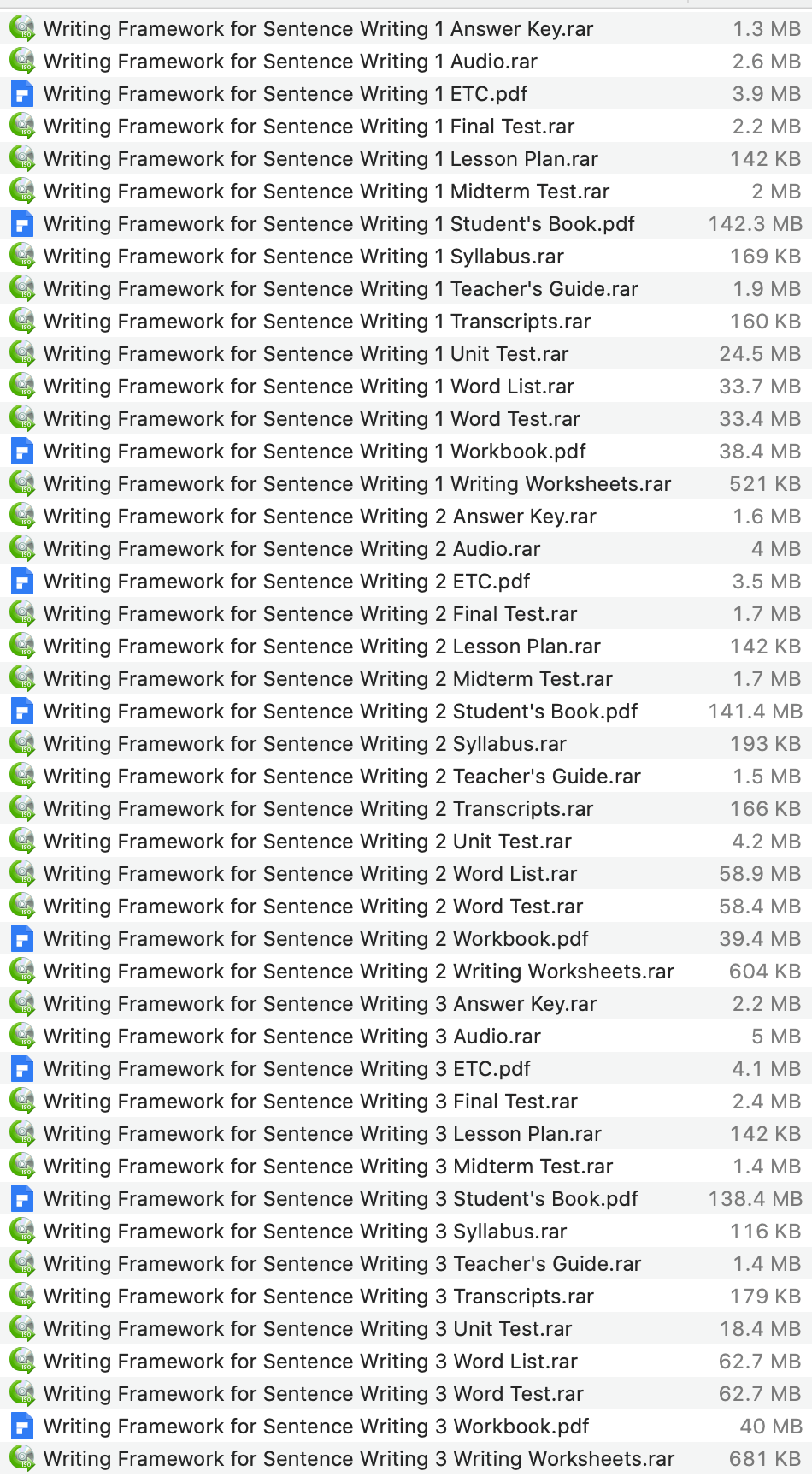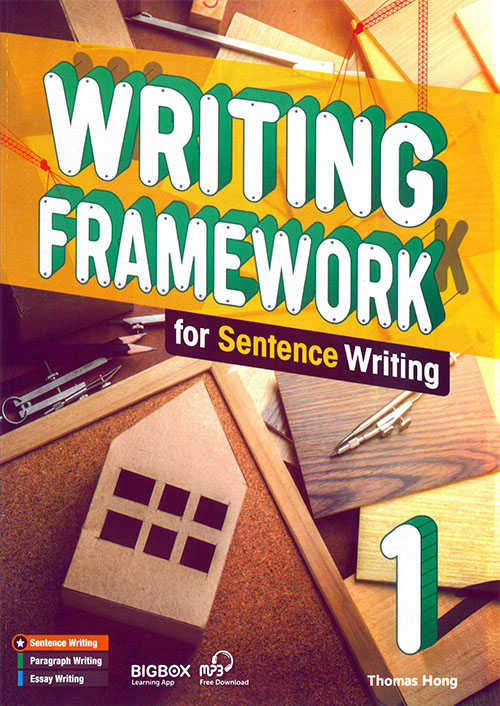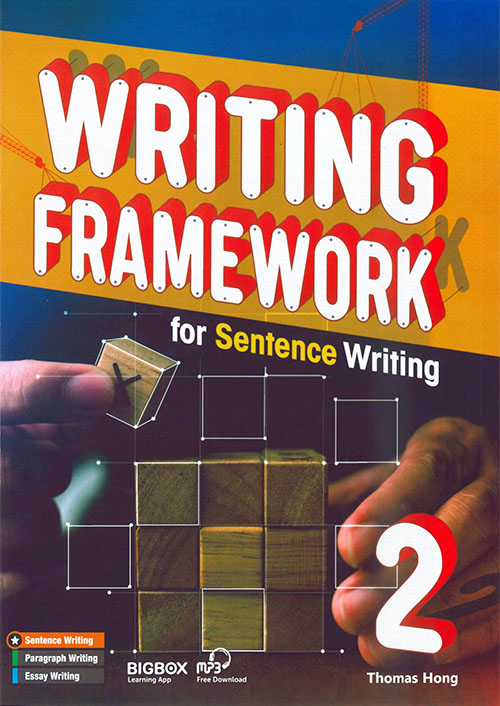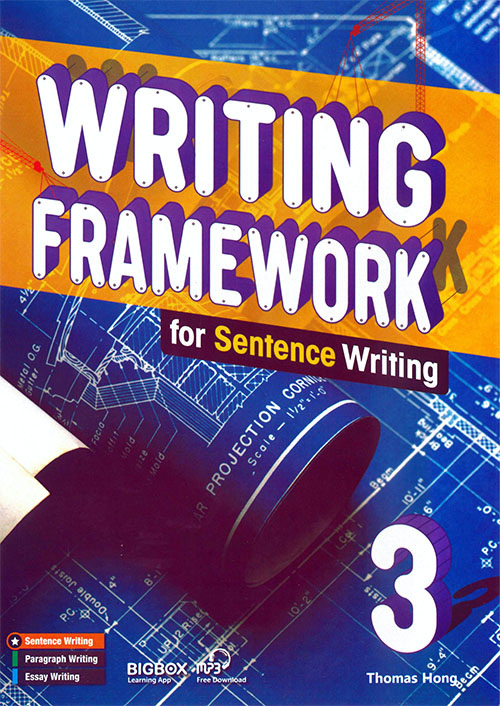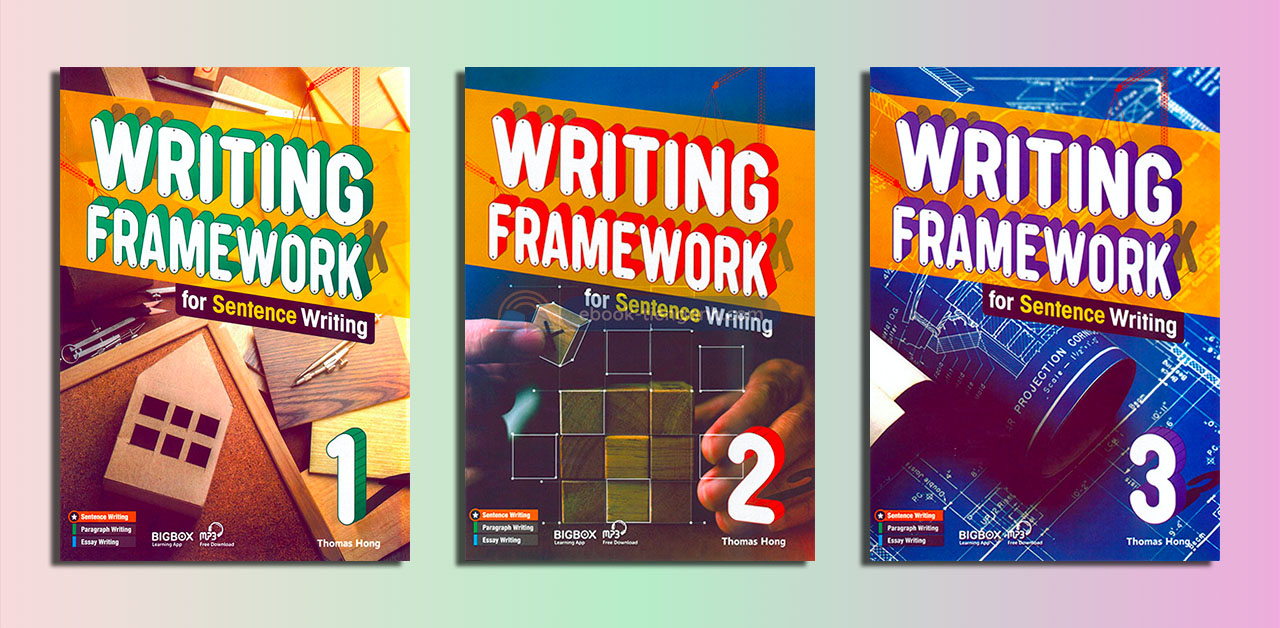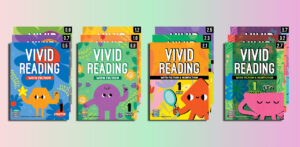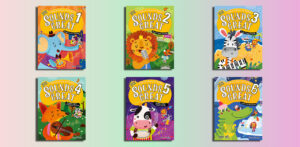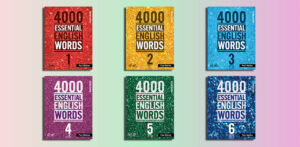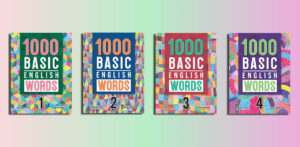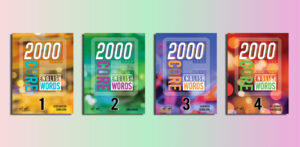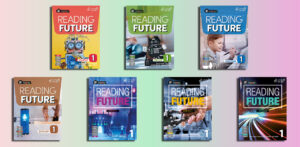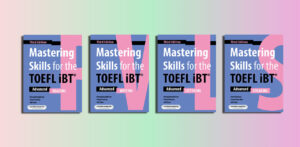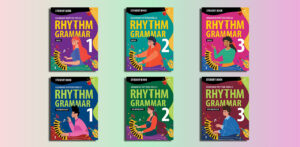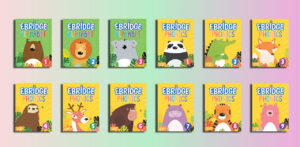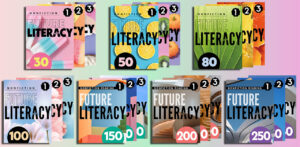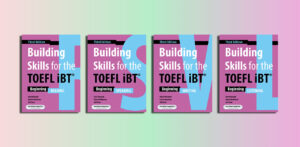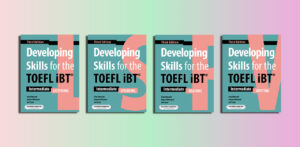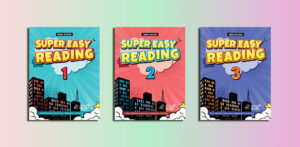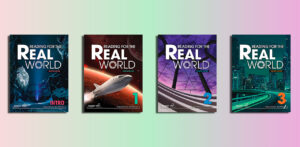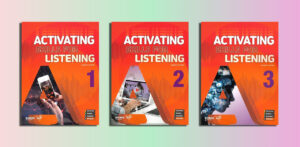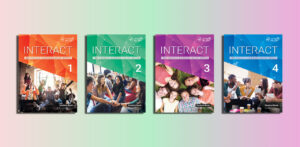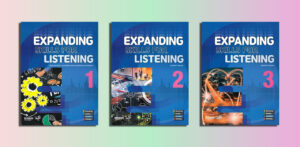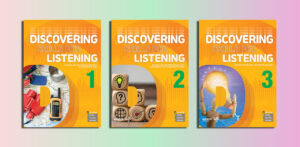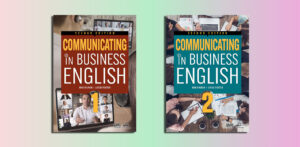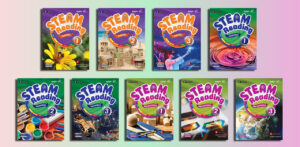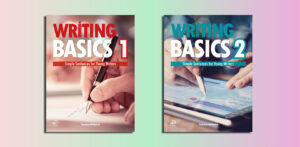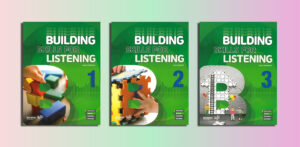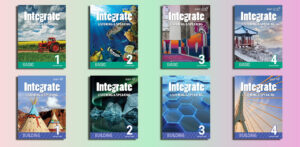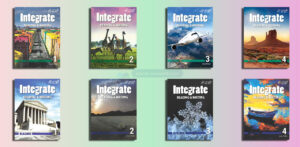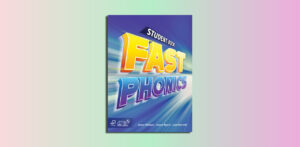Compass, Download, Online iTools
Writing Framework for Sentence Writing Pdf Presentation Tool (Pre A1 / A1+)
Writing Framework for Sentence Writing (PDFs, Resources)
Level 1 (Pre A1)
Writing Framework for Sentence Writing 1 Student’s Book.pdf – Sample: Click
Writing Framework for Sentence Writing 1 Workbook.pdf – Sample: Click
Answer Key – Audio – ETC – Final Test – Lesson Plan – Midterm Test – Syllabus – Teacher’s Guide – Transcripts – Unit Test – Word List – Word Test – Writing Worksheets
Level 2 (A1)
Writing Framework for Sentence Writing 2 Student’s Book.pdf – Sample: Click
Writing Framework for Sentence Writing 2 Workbook.pdf – Sample: Click
Answer Key – Audio – ETC – Final Test – Lesson Plan – Midterm Test – Syllabus – Teacher’s Guide – Transcripts – Unit Test – Word List – Word Test – Writing Worksheets
Level 3 (A1+)
Writing Framework for Sentence Writing 3 Student’s Book.pdf – Sample: Click
Writing Framework for Sentence Writing 3 Workbook.pdf – Sample: Click
Answer Key – Audio – ETC – Final Test – Lesson Plan – Midterm Test – Syllabus – Teacher’s Guide – Transcripts – Unit Test – Word List – Word Test – Writing Worksheets
Set Writing Framework
- Writing Framework for Sentence Writing (Pre A1 / A1+)
- Writing Framework for Paragraph Writing (A2 / A2+)
- Writing Framework for Essay Writing (B1 / B2)
Online interactive book Demo
✅ Get Writing Framework for Sentence Writing (Pdf Resources): $8 for one level; $20 for all 3 levels
✅ Get Writing Framework for Sentence Writing (Online interactive book): $8 for one level; $20 for all 3 levels
๏ Other payment methods: Click here
Set Writing Framework
๏ Writing Framework for Sentence Writing (Pre A1 / A1+)
๏ Writing Framework for Paragraph Writing (A2 / A2+)
๏ Writing Framework for Essay Writing (B1 / B2)
Overview of the “Writing Framework for Sentence Writing”
Contents
- 1 Overview of the “Writing Framework for Sentence Writing”
- 2 Who is suitable for ‘Writing Framework for Sentence Writing’?
- 3 The benefits of ‘Writing Framework for Sentence Writing’
- 4 Effective teaching and learning strategies for ‘Writing Framework for Sentence Writing’
- 5 Top Writing Skill Development Resources: Enhancing Sentence Construction and Composition Mastery
| ✅ Coursebook: | Writing Framework for Sentence Writing |
| ✅ Authors: | Thomas Hong |
| ✅ Publisher: | Compass Publishing |
| ✅ Skill: | Writing |
| ✅ English type: | American English |
| ✅ 3 Levels: | Pre A1, A1, A1+ |
| ✅ Publication year: | 2020 |
The “Writing Framework for Sentence Writing” series by Thomas Hong, published by Compass Publishing, is a collection of educational books designed to enhance writing skills in elementary-level students. This series is structured to cater to different levels of the Common European Framework of Reference for Languages (CEFR), starting from Pre A1 and progressing through A1 and A1+ levels.
Key Features:
- Framework for Writing: These books are designed to provide a structured approach to writing, helping students learn and develop writing skills from scratch.
- Real-World Contexts: The series focuses on teaching writing skills within real-world scenarios, making the learning process more relatable and practical for students.
- Development of Critical Thinking: A step-by-step guided writing process is employed to cultivate critical thinking skills in students.
- Diverse Practice Activities: The books include a wide range of practice activities, covering different types of writing such as emails, journals, letters, essays, data analysis, and applications. This variety ensures that students are exposed to both personal and academic writing styles.
- Preparation for Modern Writing Tasks: The series aims to prepare students for project-based writing tasks that are prevalent in the 21st century, emphasizing the importance of writing skills in contemporary education and communication.
Individual Book Details:
Writing Framework for Sentence Writing 1
- CEFR Level: Pre A1
- ISBN: 978-1-64015-395-0
Writing Framework for Sentence Writing 2
- CEFR Level: A1
- ISBN: 978-1-64015-396-7
Writing Framework for Sentence Writing 3
- CEFR Level: A1+
- ISBN: 978-1-64015-397-4
Overall, these books by Thomas Hong represent a comprehensive approach to teaching writing, equipping young learners with the necessary skills and confidence to excel in various writing tasks and challenges.
Who is suitable for ‘Writing Framework for Sentence Writing’?
The “Writing Framework for Sentence Writing” series is particularly suitable for:
- Elementary Level Students: Given its target audience, the series is ideal for young learners who are at the beginning stages of their English language learning journey.
- Students at CEFR Levels Pre A1 to A1+: The series is tailored to students who are just starting to learn English, up to those who have achieved a basic level of proficiency. This makes it suitable for learners who are at the very early stages of understanding and using basic expressions in English.
- Learners Needing Structured Writing Practice: The series offers a step-by-step guided writing process, making it ideal for students who benefit from a structured approach to learning.
- Students Seeking to Improve Critical Thinking and Writing Skills: The series emphasizes critical thinking and offers varied writing activities, from personal to academic writing, making it a good fit for students looking to enhance these skills.
- Learners Preparing for 21st-Century Writing Tasks: The series is designed to prepare students for modern, project-based writing tasks, which are increasingly important in both educational and professional settings.
- Educators and Parents Seeking Comprehensive Writing Resources: Teachers and parents looking for comprehensive, level-appropriate writing materials for their students or children would find this series beneficial.
Overall, the “Writing Framework for Sentence Writing” series is well-suited for young learners in elementary school who are beginning their journey in English writing and need a structured, progressive approach to develop their skills effectively.
The benefits of ‘Writing Framework for Sentence Writing’
The “Writing Framework for Sentence Writing” series offers several key benefits for elementary-level students learning to write. These benefits align with the goals of modern education, focusing on not only improving writing skills but also on developing critical thinking and practical application in various contexts. Here are the main advantages of this series:
- Structured Approach to Learning Writing: The series provides a systematic framework for writing, which is essential for beginners. This structured approach helps students understand the basic elements of writing, from sentence construction to more complex compositions.
- Real-World Application: By incorporating real-world contexts, the series makes writing relatable and relevant to students. Learning to write in contexts such as emails, journals, and letters prepares students for real-life communication and tasks.
- Critical Thinking Development: The step-by-step guidance in the books encourages students to think critically. This approach helps them not only in writing but also in analyzing and understanding various subjects and topics.
- Wide Range of Writing Activities: The diverse range of activities, from personal to academic writing, ensures comprehensive exposure. Students get to practice different writing styles, which is crucial for their overall language development.
- Preparation for 21st-Century Skills: The series emphasizes project-based tasks, reflecting the types of writing that are increasingly important in today’s digital and information-rich world. This prepares students for future educational and professional scenarios where writing is a key skill.
- Progressive Learning: By covering different CEFR levels (Pre A1, A1, A1+), the series allows for progressive learning, making it suitable for students at various stages of writing proficiency.
- Encouragement of Personal Expression: Through various writing exercises, students are encouraged to express their own thoughts and ideas, which is important for developing individual creativity and communication skills.
- Enhanced Language Proficiency: Regular writing practice not only improves writing skills but also enhances overall language proficiency, including vocabulary, grammar, and syntax.
- Builds Confidence: By gradually increasing the complexity of writing tasks, the series helps build confidence in young learners. As they progress, they gain a sense of accomplishment that motivates further learning.
- Adaptability for Different Learning Environments: The materials can be adapted for use in various educational settings, including traditional classrooms, homeschooling, and supplementary language courses.
In summary, the “Writing Framework for Sentence Writing” series offers a holistic approach to writing education, equipping students with essential skills for academic success and effective communication in various aspects of life.
Effective teaching and learning strategies for ‘Writing Framework for Sentence Writing’
To effectively teach and facilitate learning with the “Writing Framework for Sentence Writing” series, educators can employ various strategies that cater to the diverse needs of elementary students. These strategies aim to maximize engagement, understanding, and skill development. Here are some effective teaching and learning strategies for this series:
- Interactive Lessons: Incorporate interactive elements such as group discussions, peer reviews, and collaborative writing tasks. This fosters a dynamic learning environment and encourages students to engage with the material and each other.
- Step-by-Step Guidance: Follow the structured approach of the series by breaking down writing tasks into manageable steps. This helps students understand each component of writing, from brainstorming to final editing.
- Real-World Writing Assignments: Create assignments that mimic real-world writing scenarios, such as writing emails, letters, or short stories. This approach helps students understand the practical application of their writing skills.
- Use of Visual Aids: Employ visual aids like charts, graphs, and mind maps to help students organize their thoughts and ideas. Visual aids are particularly helpful in explaining complex concepts and structures in writing.
- Incorporating Technology: Utilize technology where possible, such as word processing software, educational apps, and online resources, to make the learning process more engaging and relevant to today’s digital world.
- Personalized Feedback: Provide individualized feedback on students’ writing. Personalized comments help students understand their strengths and areas for improvement, fostering a growth mindset.
- Encourage Creativity: Allow students the freedom to express their own ideas and styles in their writing. Creative writing exercises can stimulate imagination and make writing more enjoyable.
- Regular Practice: Emphasize the importance of regular writing practice. Consistency is key in developing writing skills, so incorporate short writing exercises in each lesson.
- Reading and Writing Connection: Encourage students to read widely, as reading can significantly improve writing skills. Discuss how various writing styles in reading materials can be applied in their own writing.
- Peer Learning: Facilitate peer learning opportunities where students can share their work with each other. This not only helps them learn from their peers but also builds confidence in presenting their own work.
- Diverse Writing Genres: Introduce students to a variety of writing genres, such as narrative, descriptive, expository, and persuasive writing. Understanding different genres broadens their writing capabilities.
- Writing Workshops: Organize writing workshops where students can focus intensively on specific aspects of writing, such as vocabulary development, sentence structure, or storytelling techniques.
- Incorporate Games and Activities: Use educational games and activities to make learning fun and engaging, especially for younger students. This can include word games, story-building exercises, or role-playing scenarios.
- Reflective Practice: Encourage students to reflect on their own writing process and progress. This can be done through writing journals or self-assessment checklists.
By employing these strategies, teachers can effectively utilize the “Writing Framework for Sentence Writing” series to enhance students’ writing skills, creativity, and overall language proficiency in an engaging and supportive learning environment.
Top Writing Skill Development Resources: Enhancing Sentence Construction and Composition Mastery
For learners seeking alternatives to the “Writing Framework for Sentence Writing” by Compass, which is designed to build foundational writing skills from constructing sentences to more complex writing tasks, several educational series offer a similar blend of structured writing instruction. These alternatives focus on enhancing sentence construction, grammar, and overall writing proficiency:
- “Grammar and Writing” by Saddleback Educational Publishing: Tailored for struggling learners, this series provides clear, concise lessons on grammar, sentence structure, and paragraph writing, making it suitable for building foundational writing skills.
- “Sentence Writing Strategies” by Zaner-Bloser: Offers systematic instruction in writing sentences, expanding sentences, and organizing sentences into coherent paragraphs, designed to improve writing skills for students at various levels.
- “Write On!” by Teacher Created Resources: A series that emphasizes practical writing skills, starting with sentence construction and moving towards paragraph writing and beyond, including engaging exercises to practice writing skills.
- “Just Write” by EPS (Educators Publishing Service): A comprehensive writing program that guides learners through the process of writing sentences, paragraphs, and essays, focusing on clarity, coherence, and organization.
- “Step Up to Writing” by Voyager Sopris Learning: Provides structured strategies for writing instruction across all grade levels, focusing on sentence structure, paragraph development, and types of writing, with tools and resources for both educators and students.
- “Spectrum Writing” by Carson Dellosa Education: Offers grade-specific workbooks that cover the fundamentals of writing, including sentence construction, grammar, and composition, with guided practice to enhance writing skills.
- “Effective Academic Writing” by Oxford University Press: Aimed at older students and adults, this series focuses on developing academic writing skills from sentences to essays, with attention to thesis development, organization, and revision strategies.
- “Writing Skills” by Diana Hanbury King (School Specialty Intervention): A step-by-step writing instruction series that covers sentence structure, paragraph development, and essay writing, tailored to help students improve their writing proficiency.
- “Daily 6-Trait Writing” by Evan-Moor Educational Publishers: Focuses on developing writing skills through the six traits of writing: ideas, organization, word choice, sentence fluency, voice, and conventions. Each week, students engage with targeted practice in one of the traits, starting with sentence-level activities.
- “Mastering Writing” by Susan Wise Bauer (Well-Trained Mind Press): Part of a comprehensive language arts series, this resource emphasizes the craft of writing from the sentence to the essay, incorporating grammar and style along with structure.
- “Exercises in English” by Loyola Press: A grammar and writing workbook series that covers sentence structure, parts of speech, and punctuation, alongside writing exercises designed to reinforce grammar concepts and improve writing clarity.
- “Models for Writers: Short Essays for Composition” by Alfred Rosa and Paul Eschholz (Bedford/St. Martin’s): Though targeted towards college students, this collection offers models of good writing with explanations on writing techniques that can benefit anyone looking to improve their sentence crafting and overall writing skills.
- “Writing With Skill” by Susan Wise Bauer (Well-Trained Mind Press): Designed for middle school and high school students, this series teaches clear and effective writing, starting with basics such as constructing sentences and paragraphs, and progressing to advanced essay writing and analysis.
- “Scholastic Guide: Writing With Writers” (Scholastic): Offers a unique approach by featuring advice and exercises from published authors across various genres. It focuses on sentence variety, narrative structure, and revising for clarity and effect.
- “Keys to Great Writing” by Stephen Wilbers (Writer’s Digest Books): A comprehensive guide to becoming a better writer, covering everything from sentence structure and grammar to style and voice, designed to help writers of all levels improve their craft.
- “G.U.M. (Grammar, Usage, and Mechanics)” by Zaner-Bloser: A workbook series that supports writing development by focusing on the building blocks of grammar, punctuation, and sentence structure, reinforcing the skills needed for effective writing.
These series offer robust writing instruction and practice for learners aiming to enhance their sentence writing skills and overall writing proficiency. They provide a mix of comprehensive language development, practical writing exercises, and strategies to ensure a holistic approach to improving writing abilities.

